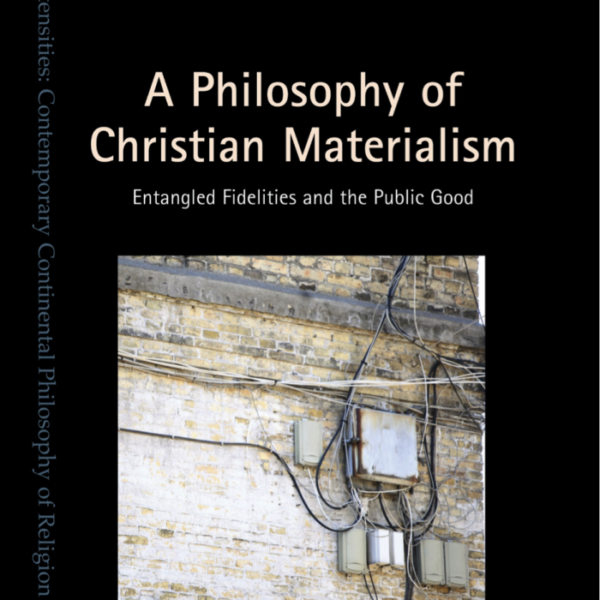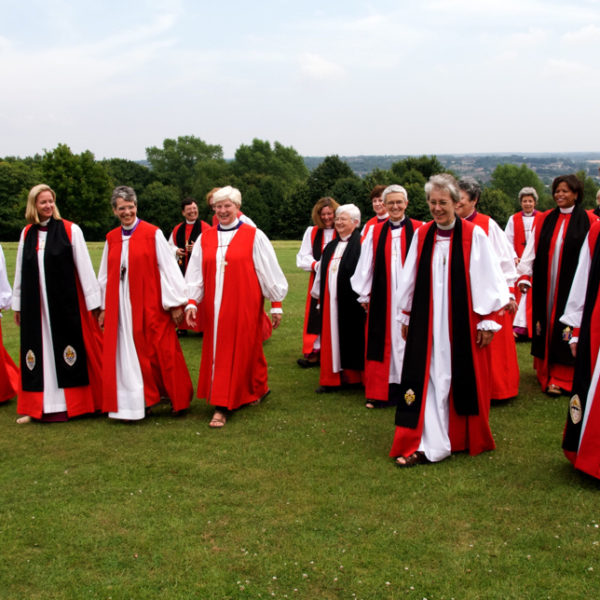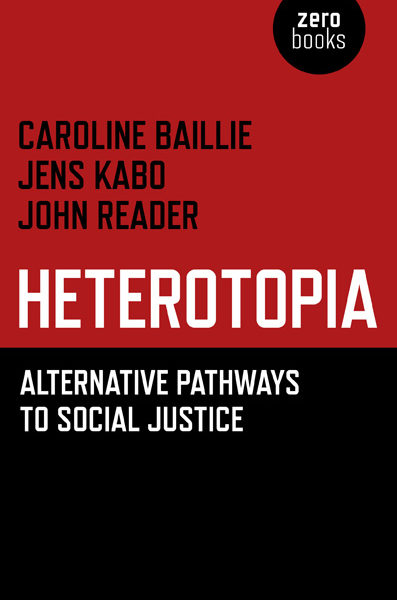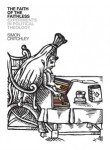John Reader
John Reader has degrees from Oxford, Manchester and a Ph.D from the University of Wales, Bangor. As well as being a recently retired Anglican Parish Priest with almost 40 year’s experience of full time ministry he continues academic commitments and wider community involvement. He is currently an Senior Research Fellow of the William Temple Foundation; Honorary Senior Lecturer for the Institute of Education, University of Worcester and a tutor for the Christian Rural Environmental Studies Course. Recent publications include “A Philosophy of Christian Materialism” (co-written with Baker and James) and “Theology and New Materialism” (Palgrave Radical Theologies series).







